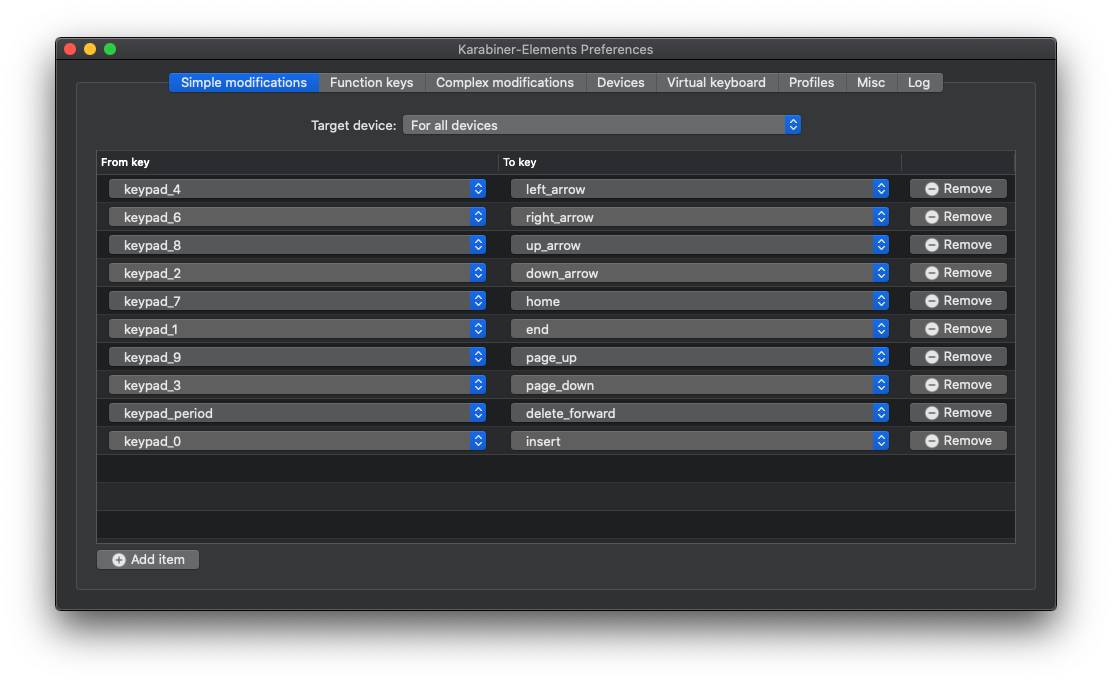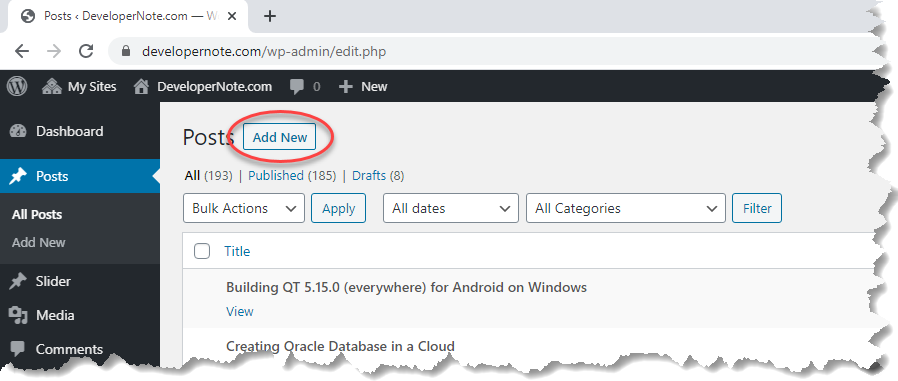Consider the declaration of a class that contains a lambda function or a reference to it:
#include <utility>
template <class Func>
struct Holder
{
Holder(Func && func) : m_func(std::forward<Func>(func))
{
}
Func m_func;
};
template <class Func>
auto MakeHolder(Func && func)
{
return Holder<Func>(std::forward<Func>(func));
}







